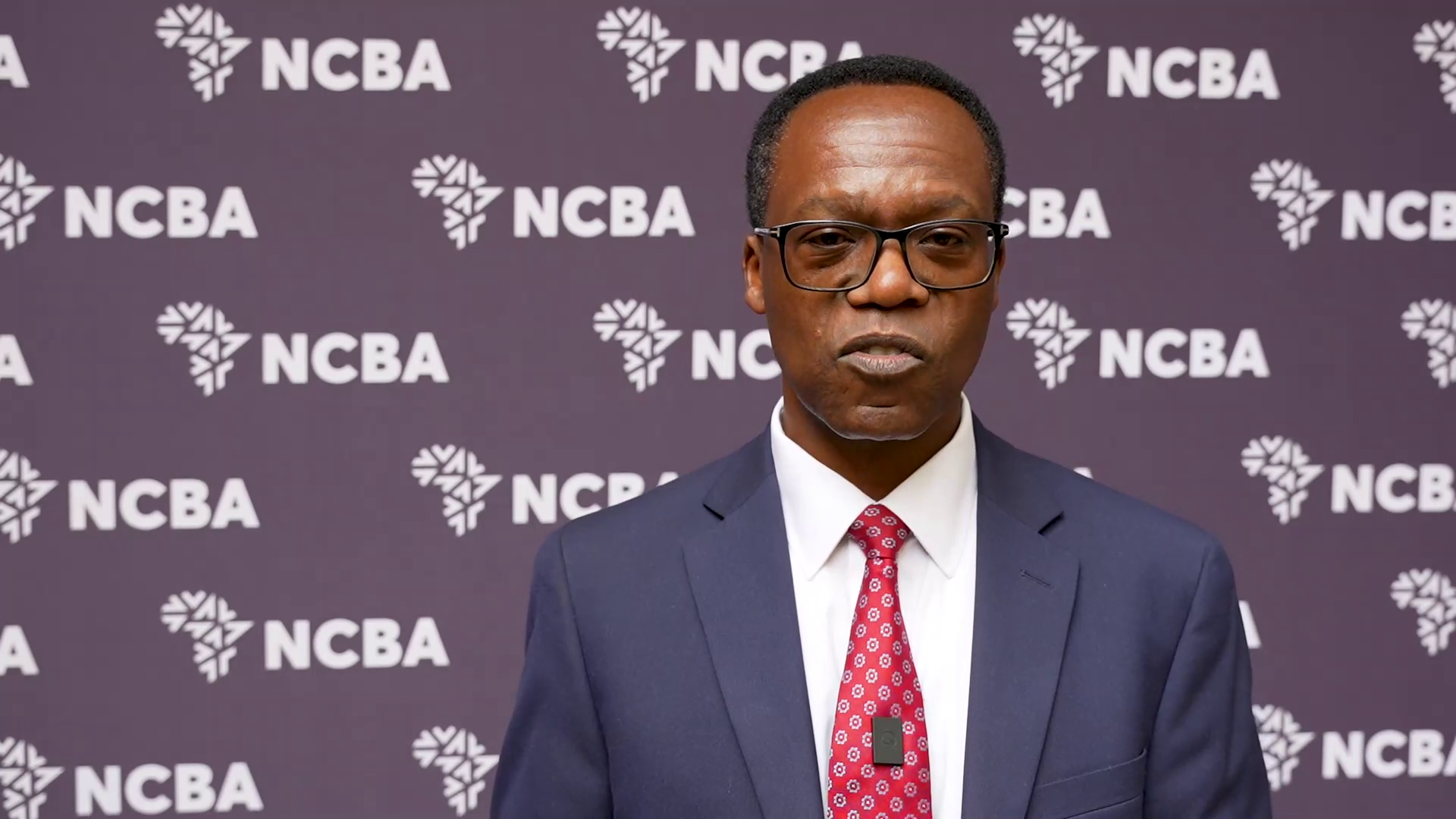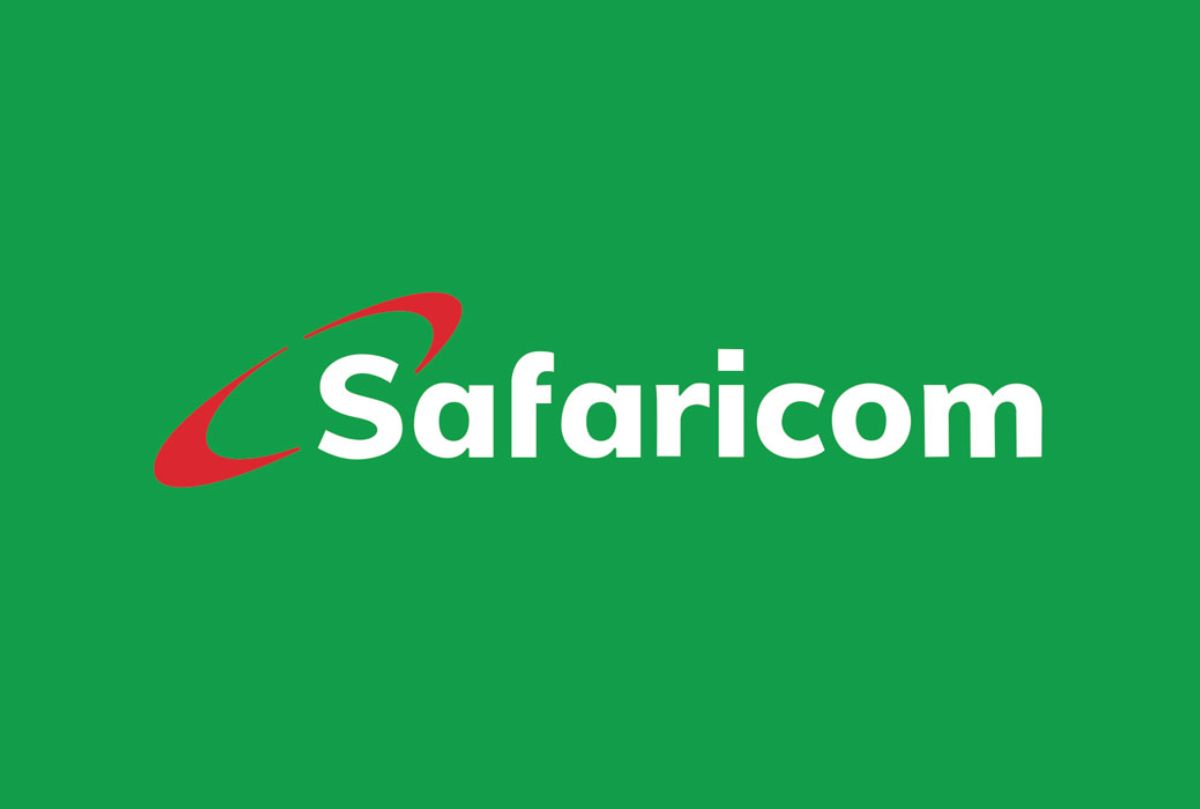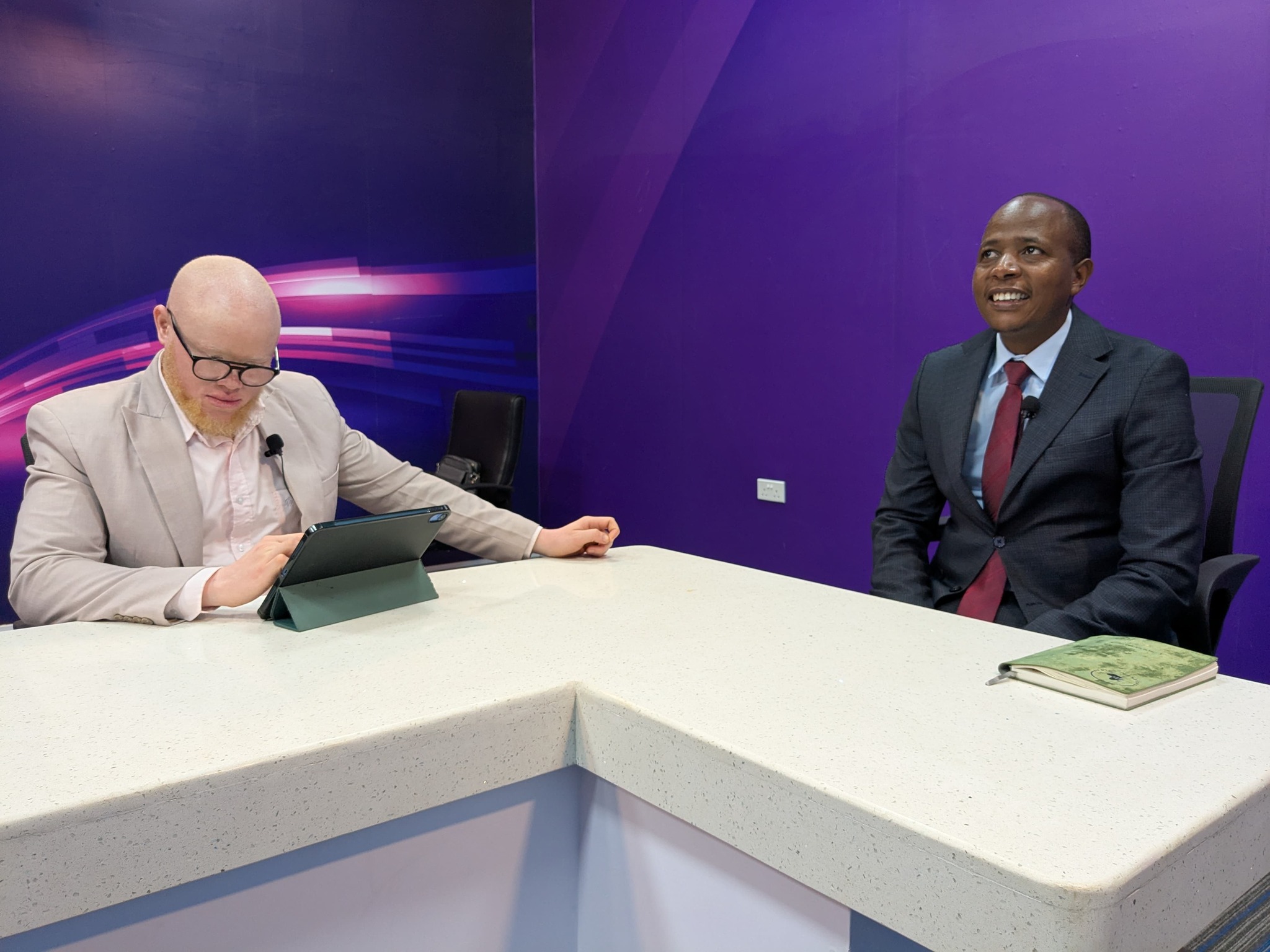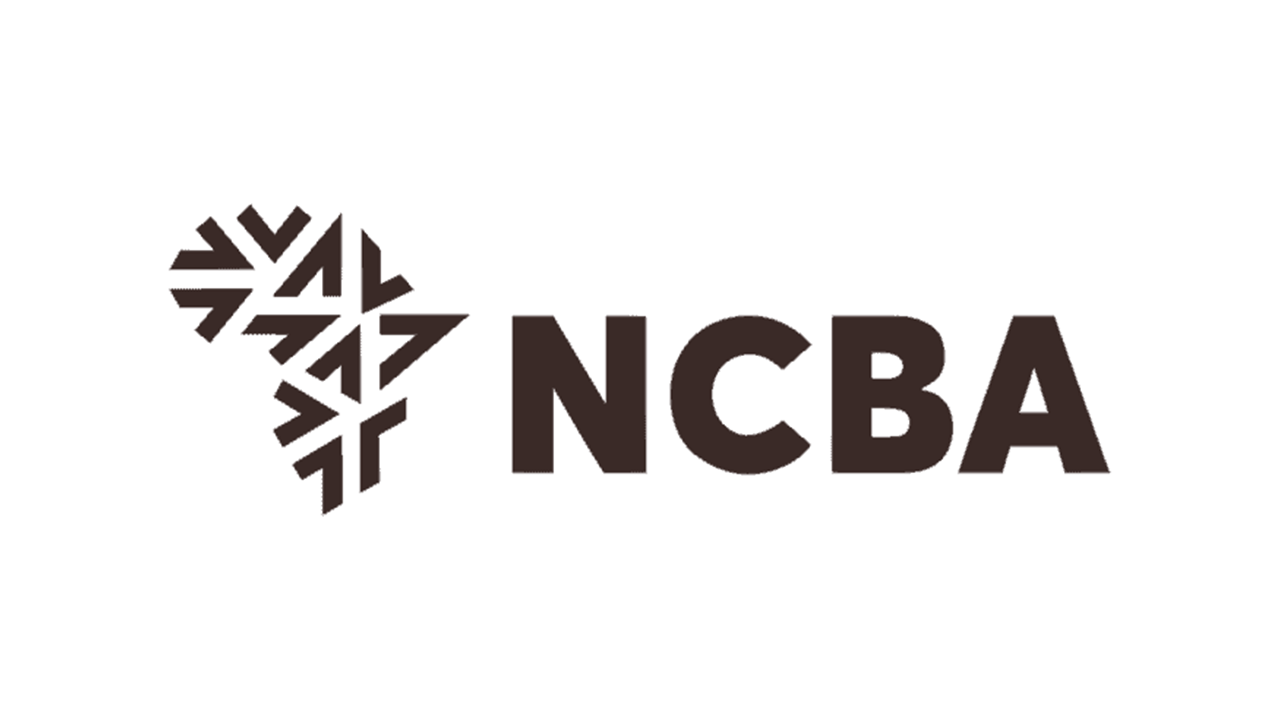Over 20,000 Bungoma Families Reap Big From Agricultural Project
Members of at least 860 rural farmer-groups from 20 wards in Bungoma county have seen their lives transformed by a programme through which the government has injected Sh284 million since 2017.
The programme under the National Agricultural and Rural Inclusive Growth Project (NARIGP) now has a total of 21,500 direct beneficiaries, according to the county coordinator Rebbecca Lusweti, and with focus on developing poultry, dairy, banana, and beans value chains in the selected wards.
The benefiting wards were selected from the sub-counties of Sirisia, Mt Elgon, Webuye East, Bumula and Kimilili based on high poverty levels, indigenous persons and potential to increase productivity.
“Each ward formed a Community-Driven Development Committee (CDDC) comprising 20 members that receive all group proposals, vets and escalates to the county project steering committee at the apex for approval before funds are released to the groups through the CDDCs,” Lusweti said.
Each of the 20 wards CDDCs has received between Sh10 million to Sh14 million for their groups with the amounts ranging between Sh50,000 and Sh500,000.
“Dairy and poultry farmers in the project areas have been trained on the use of new cheap technologies to increase productivity and profitability. Farmers have been trained on management of dairy cows and goat rearing, fodder production and management, disease control and management, and linkages to marketing cooperatives,” she added.
On the other hand, she said, poultry farmers have been trained on proper bird management for profits, introduced to incubators and how to breed chicks on a large scale, increase in egg production through the keeping of improved chicken, feed formulation techniques and linkages to markets.

NARIGP Bungoma county coordinator, Rebecca Lusweti
The increased chicken production is expected to meet the rising demand and provide the slaughterhouse in Chwele with adequate raw material.
At the same time, productivity in the beans value chain has shot from two bags per acre previously to more than 10 bags after farmers were introduced to high yielding seed developed by KALRO that is also rich in protein and iron.
In the banana value-chain, returns are expected to multiply a hundred-fold in the next two years after farmers were issued with tissue culture bananas and received training on ways to minimise post-harvest losses through farmer field schools.
“We are encouraging all members of the 860 groups to form producer organisations for the four value-chains for the marketing of their produce,” Ms Lusweti said, adding that so far, 11 cooperatives have been operationalised cutting across the four value chains with a membership of 659.
NARIGP is also funding the cooperatives and has so far given each Sh1 million to undertake the training of members and put proper structures in place.
It has also through the committees approved eight proposals from the cooperatives with Kaptama dairy having already received Sh19 million to enhance dairy production. It will have an agrovet, a Sacco, a laboratory, and offer artificial insemination services to improve breeds.
Kikai Dairy Cooperative chair, Jimmy Wamalwa said they received 200kgs of milk daily before the project was rolled out but the quantities have gone up to 500kgs.
“Farmers who supply milk to the dairy are paid monthly through Kikai Rural Sacco. The cooperative has received Sh8.8 million from NARIGP for purchase of tractor and motorbikes that will be used for collection of milk from farmers,” he said.
Through the programme, Wadadia Self-help Group in Cheptais, Mt Elgon constituency, has brought together 30 fistula survivors who are now dealing in high iron beans production.
The group received Sh485,750 for their bean production project, from NARIGP in 2020 and planted three acres. They harvested 42 bags of beans which is selling at Sh250 per kg. The beans take two months to mature so they can plant four times in a year with a Sh420,000 return per harvest.
The group chair, Ann Ndiema said the project has put a smile back on their faces after going through isolation and loss of dignity caused by fistula.
“We now have a source of income and an activity that connects us and helps us share experiences,” she said.
The programme, a joint initiative by the National and county government and with funding from the World Bank, is due to end in August of 2021.
Tags: Narigp
Related
Share this article
Unregistered Staff and Guest Writers: This account will no longer post articles. We appreciate your past engagement and invite you to stay connected with us!
View articles


